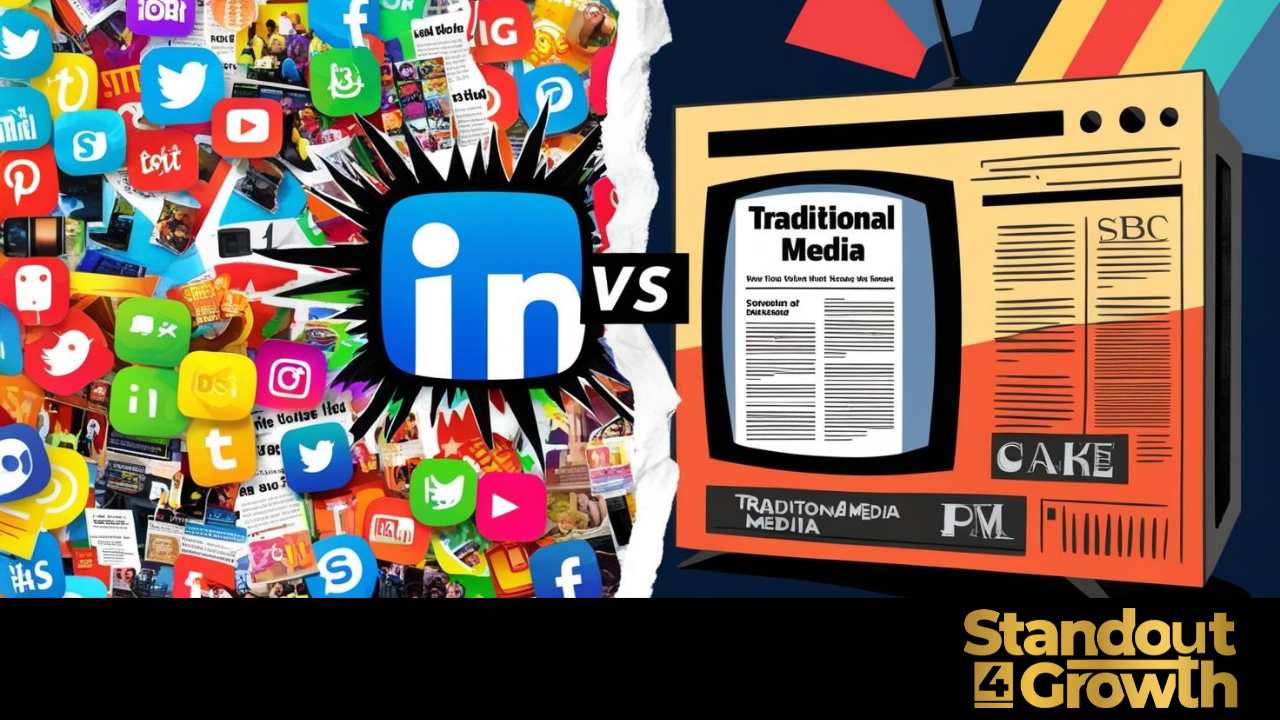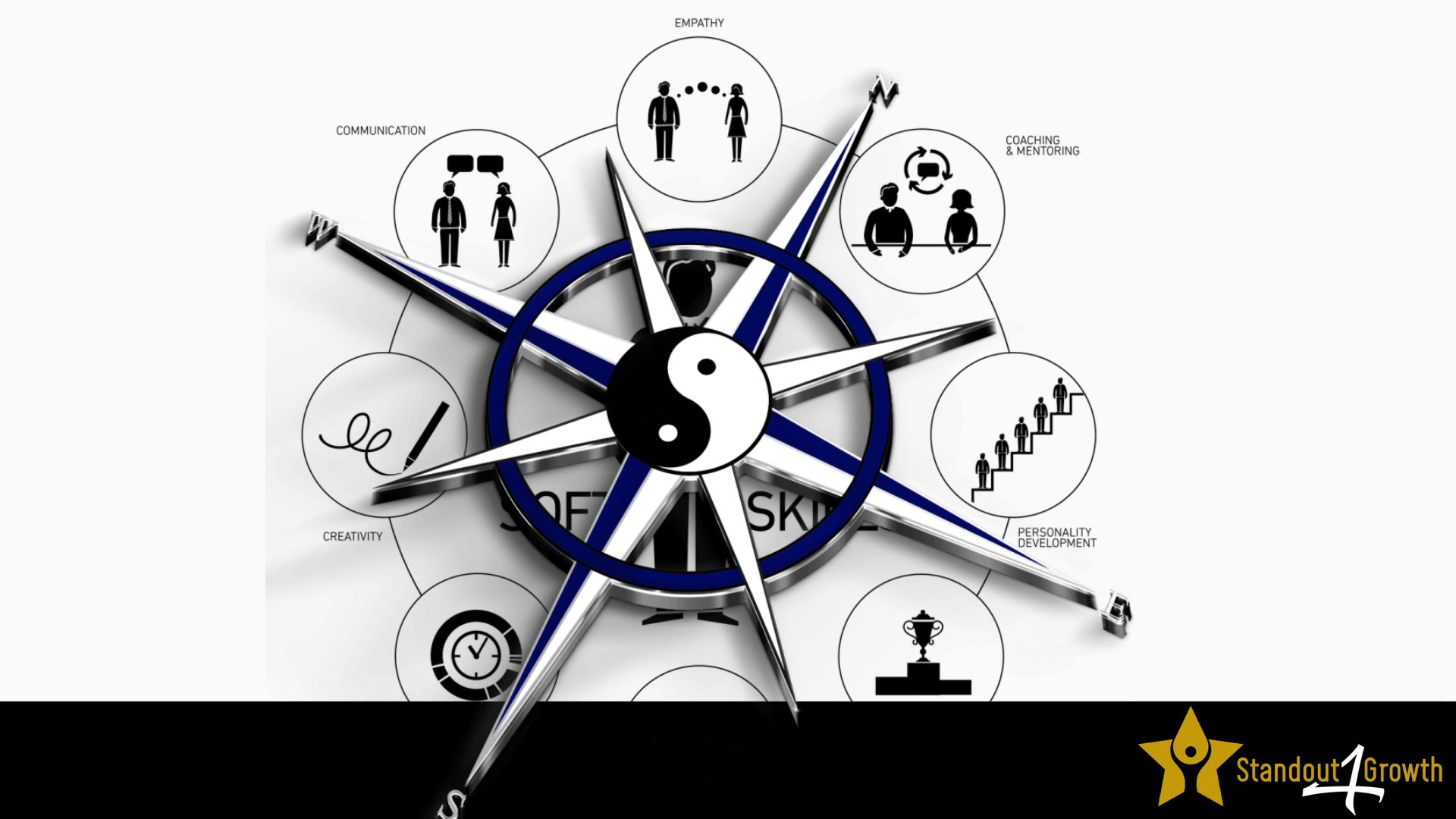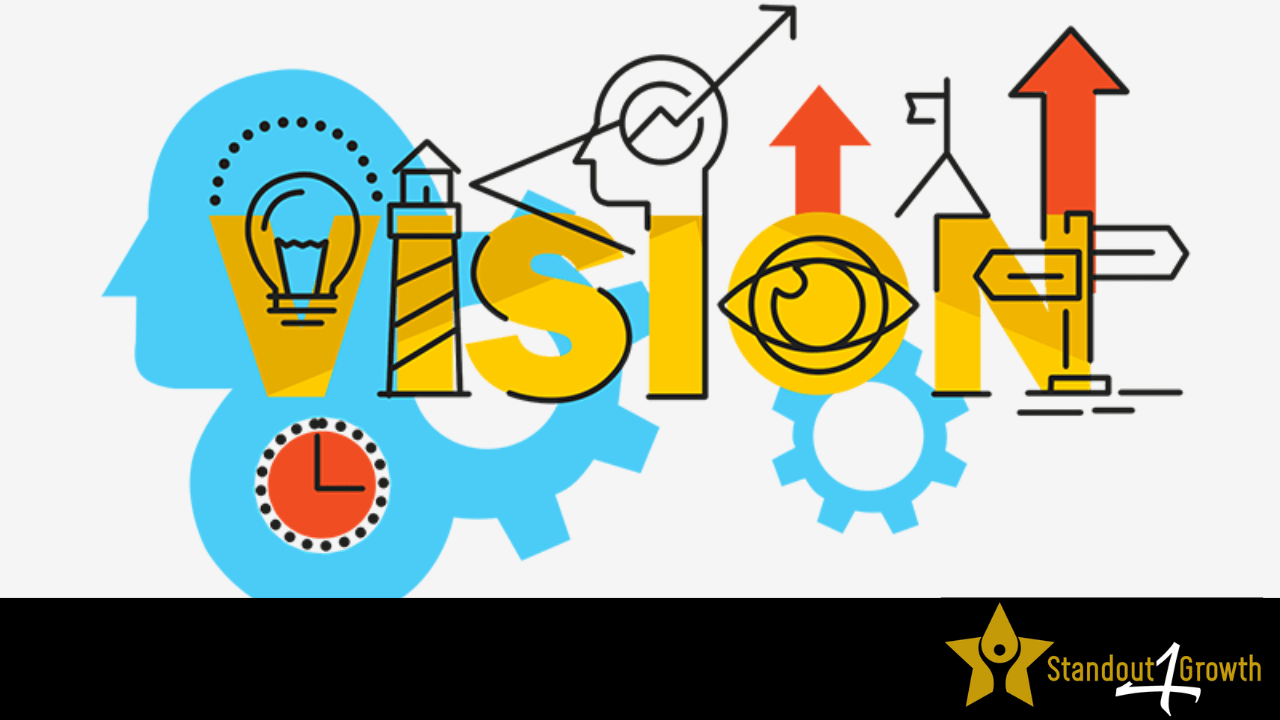
Which Way for Personal Branding? Social Media or Traditional Media?
As a marketing professional with close to 20 years of experience in the communications field, I’ve witnessed the dramatic evolution

I recently participated in an online event where organizers united youths from different countries to engage in discussions around climate change. The passion with which they addressed this critical topic was truly captivating, and the initiatives they unveiled seemed to pose a challenge to everyone who tuned in. What struck me the most though, was that a lot of them were driven by their love and care for our planet, with most of the initiatives having little to no financial gain realized. At least not yet anyways!
Amidst these presentations, yet another observation emerged: the informal and often casual approach adopted by some of the presenters as they made their presentations. One presenter, in particular, caught my attention—a young lady who was comfortably seated at the edge of her bed as she made her presentation which was accompanied by plenty of distractions including fidgeting, constantly adjusting her T-shirt sleeve and hair, followed by plenty of face rubs and the occasional yawns. My mind couldn’t help but wish for her to switch off her camera while speaking as I honestly believe my concentration wavered from the content to these peripheral activities, potentially causing me to miss out on her insights.
And I have a feeling I was not alone in this.
Presentation skills is one of the many soft skills that we must build as individuals if we wish to accelerate the development of our Personal Brands. Skilled presenters hold the power to influence decisions, establish credibility, and leave a lasting impression. Thus, the manner in which you manage your presentation and convey your ideas or information matters greatly.
While young people today focus on building their technical knowledge and expertise, one area remains ignored. And that is the cultivation of Soft Skills. It is true that technical and hard skills will continue to retain their significance, but a growing recognition underscores the pivotal role that soft skills play in shaping the trajectories of aspiring professionals. Soft skills, often referred to as interpersonal or people skills, encompass a wide array of attributes such as communication, collaboration, adaptability, emotional intelligence, problem-solving and so on. These skills are not just desirable but have transitioned into indispensable qualities for young individuals aspiring to wield influence in their professions.
Everyday, we are faced with opportunities to impact those around us and while it is natural to insist that we need our institutions of higher learning bolstering the curriculum to include soft skills, we can individually do something to impact those around us. Every and any small action counts!
In every opportunity, be it at home, in the office or at family functions, look for ways in which you can foster experiential learning. Soft skills are learnt best through experience and by engaging in real-world simulations, role-playing exercises, and collaborative projects, our youth can refine their soft skills while applying them in practical contexts.
A heighted sense of self awareness often promotes personal growth. Such reflection allows individuals to recognize their strengths and areas for improvement, not just for their soft skills but in totality.
Spotlight the significance of teamwork and collaboration by establishing environments conducive to group projects. These experiences cultivate effective communication, compromise, and mutual respect—all cornerstones of successful collaboration.
Dedicate time to mentor and coach those following in your footsteps. Sharing insights, offering guidance, and providing constructive feedback contribute to the holistic advancement of soft skills among emerging talents.
The generation behind us is confident enough to call out leaders misusing public funds (think of the students in Uasin Gishu County – Kenya); and they confident enough to take on issues that have long been ignored by world leaders such as climate change.
They are truly tomorrow’s leaders in the making and we need to equip them with a well-rounded skill set capable of transcending technical expertise and creating a lasting imprint on their professional lives for them to #standout4growth.
Click here to read our last article about The Metrics of Personal Branding Success

As a marketing professional with close to 20 years of experience in the communications field, I’ve witnessed the dramatic evolution

Have you ever noticed that you tend to see what your mind focuses on? If your mind is focused on

The beginning of a new year is a great time to reflect on the past and set goals for the